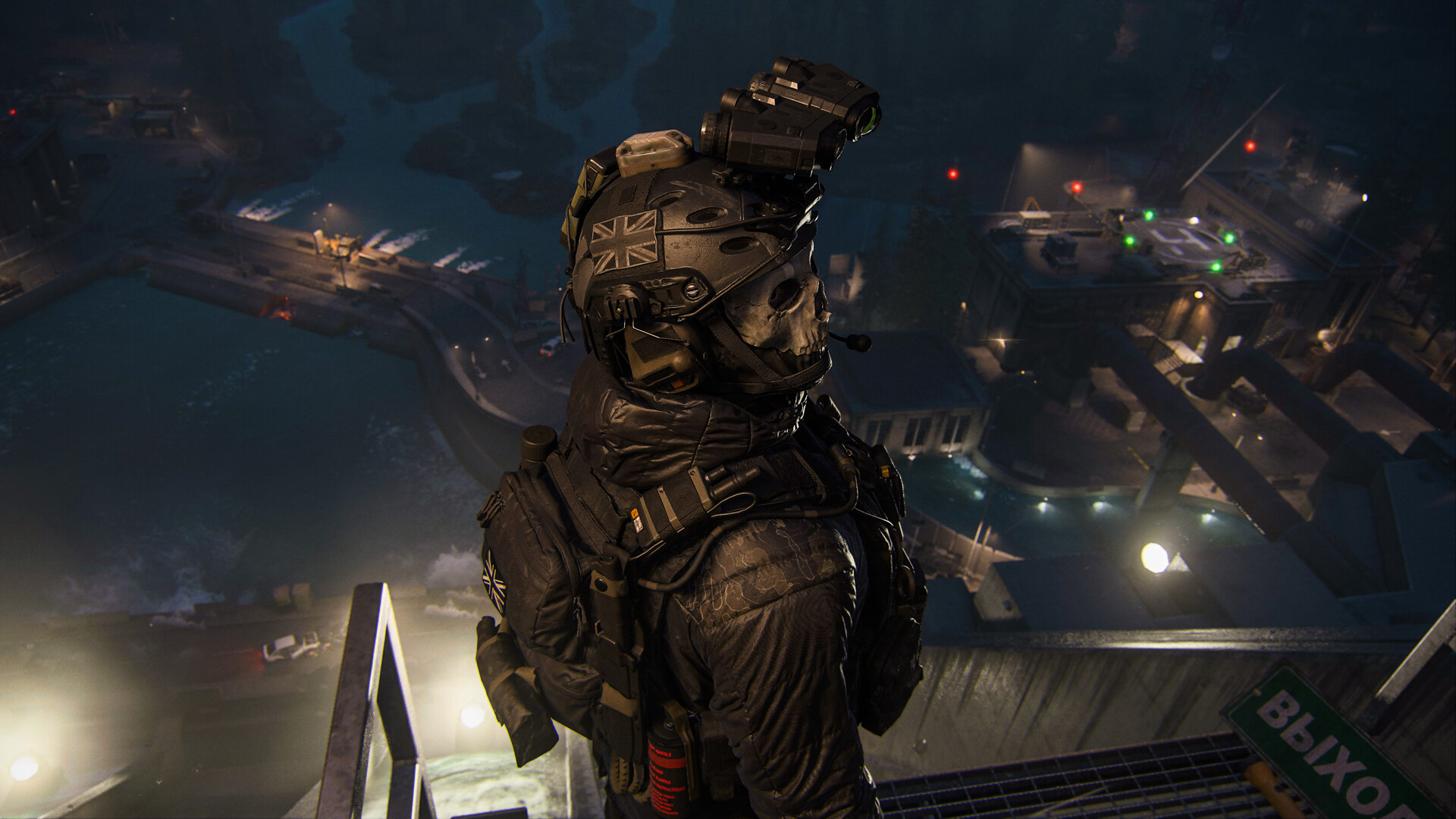In recent developments regarding the ongoing Federal Trade Commission case against Microsoft, Phil Spencer, the head of Xbox, made a startling statement.
According to Spencer, Xbox might exit the gaming industry if there's no significant increase in the Game Pass' number of users on PC and cloud platforms by 2027.
Referring to a presented projection showing the estimated growth of Game Pass on different platforms, Spencer said, "I can safely say that if we do not make more progress than this off console, we would exit the gaming business."
Interestingly, while Spencer's claims suggest a potential retreat, leaked plans reveal Microsoft's intention for a mid-gen console refresh. Also, a next-generation console is slated for 2028. This sends mixed signals about the extent to which Game Pass's performance will dictate Xbox's future.
Yet, Spencer's urgency was evident. The chart, showcased by FTC lawyer James Weingarten, anticipated that Game Pass would breach the 100 million subscriber count between FY29 and FY30. However, Spencer opined that this target must be achieved much sooner. He emphasized, "A majority of our customers are found off of our own hardware, I would hope by earlier than 2030."

